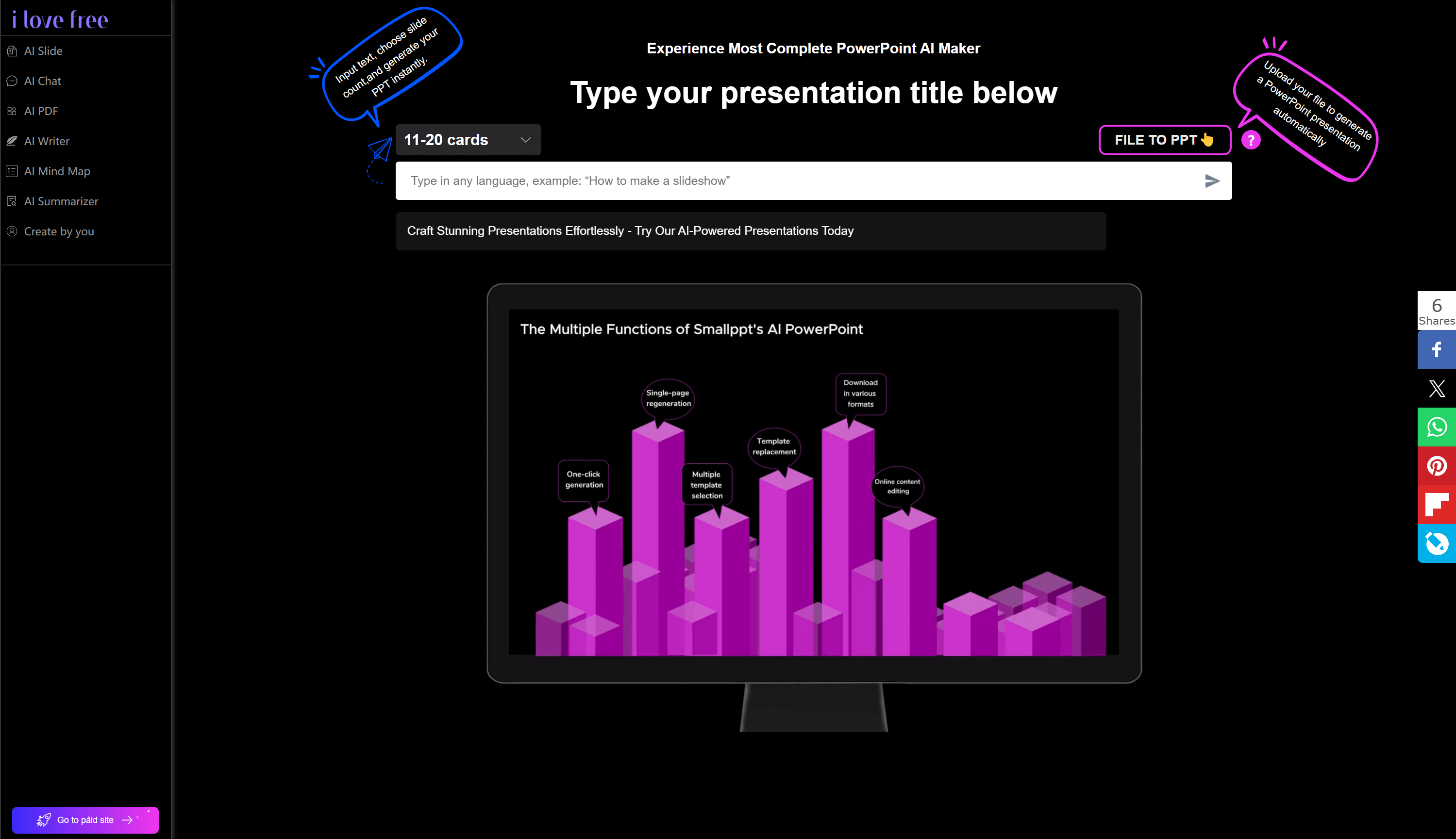
Whether at work or in life, we need to communicate with others. Communication may be face-to-face or online.
Every job requires interpersonal interaction—whether it's with your boss and co-workers or with clients and customers. Developing strong communication skills will help facilitate interactions with others, allowing you to do your job more efficiently and effectively.
Effective communication can help us make progress in our career development and improve our competitiveness. It can also make our conversations with others smoother, more harmonious, and more efficient.
These skills can be learned and mastered. Let's learn about them together.

What are communication skills
Communication skills refer to the abilities and techniques used to effectively convey information, ideas, feelings, and opinions to others. These skills are crucial in both personal and professional life, as they facilitate understanding, build relationships, and drive collaboration.
They encompass a variety of components: Verbal communication, nonverbal communication, written communication, persuasion and negotiation, and so on.

Why is it important to strengthen one's effective communication skills
1. Improved relationships: Good communication can enhance understanding between people, reduce conflicts, foster mutual respect, and help us build more harmonious interpersonal relationships.
2. Career development: In the workplace, effective communication is a highly valuable skill. Those who are good at communication often achieve greater success and find it easier to gain opportunities for advancement.
3. Better decision-making: Sometimes, decision-making requires listening to others' opinions. Good communication allows everyone to share and exchange their thoughts more effectively.
4. Self-Improvement: Mastering good communication skills requires us to continuously summarize and reflect on our experiences in practice. This means we can engage in self-reflection, identify our strengths and weaknesses, and thus drive ourselves toward greater excellence.
5. Influence and Persuasion: Having good communication skills also implies that you possess strong expression abilities. This can enhance your capacity to persuade others and make your arguments more convincing.
6. Boosting Confidence: Being able to communicate well and effectively indicates that you are willing to express yourself, respect others, and earn their respect in return. This also signifies that you have confidence in yourself.
7. Increased productivity: Clear communication can lead to more efficient workflows. When instructions and expectations are communicated effectively, tasks can be completed more quickly and accurately.

How to improve your communication skills
1. Clarity in expression
Whether written or verbal, communication should be concise and clear. Use precise and simple words to convey your message to the other party. Avoid unnecessary details that make you sound verbose and confuse the other person by obscuring the main points.
In some situations, repetition is necessary as it can enhance memory and ensure that the message is truly received by the other party.
2. Adaptability
It's important to know what type of person you are dealing with, as this will determine the approach you take in communication.
For instance, if the person prefers a direct and straightforward manner, then you should communicate with them in a similar way, without unnecessary beating around the bush.
On the other hand, if they are not fond of overly direct speech, you should adopt a more euphemistic tone.
3. Active listening
Effective communication is not just about outputting information; it also involves giving others space to express themselves.
Listen attentively and carefully, grasp the other person's key points, and pay attention to the details revealed in their conversation. This demonstrates respect for the other person and prevents misunderstandings where each party talks past the other.
4. Demonstrating sincerity and friendliness
Your sincerity and friendliness during communication can be sensed by the other party. When the other person feels valued by you, they will be more willing to open up and engage in more detailed and in-depth exchanges with you.
5. Confidence
If you lack confidence in what you say, how can others trust you?
Confidence is not just an attitude; it is also a belief in your abilities. Confidence allows you to express yourself more fluently and smoothly, without stammering.
6. Attention to non-verbal language
Studies show that non-verbal cues have an influence that is 65% to 93% higher than verbal expressions. When non-verbal cues contradict verbal expressions, we are more likely to believe the non-verbal cues.
Therefore, when communicating, we should pay attention to the use of non-verbal cues and also be aware of those conveyed by the other party. Sometimes communication does not require words; a glance or a gesture can convey your meaning to the other person.
7. Cultivating Emotional Intelligence
Word expression requires skill. Sometimes, certain words may not be easily accepted by others, and in such cases, a more euphemistic expression is needed.
When engaging in a difficult conversation, if you have high emotional intelligence and can grasp the other person's personality in detail, thereby conducting the dialogue in a way that is more acceptable to them, you can turn potential conflicts into harmonious exchanges.
8. Cross-cultural communication
Cultures differ across countries and even within different regions of the same city in certain cultural practices.
When communicating, we should acknowledge cultural diversity and respect different cultures. If possible, before communicating, we can take the initiative to learn about the other party's culture.

Communication also requires us to master various skills. For instance, adaptability is crucial in diverse communication environments. Whether you are communicating with colleagues in a formal workplace setting, engaging in casual conversations with friends, or addressing a large audience during a public speech, the ability to adjust your communication style accordingly is vital.
By honing these skills, you can improve your communication abilities and build stronger, more meaningful relationships with others.

If you would like to learn more detailed information and specific application methods of these techniques, our AI Chat can provide you with answers.
If this article or any other article on communication skills is too long, our AI Summarizer can assist you by quickly extracting the key information, allowing you to grasp the essentials swiftly.
If you have already mastered these skills and wish to share them with more people, then you may need a presentation. Our AI Slide can save you the effort of creating one. We offer a vast selection of templates for you to choose from, helping you create a standout presentation.
Welcome to Ilovefree to explore!

